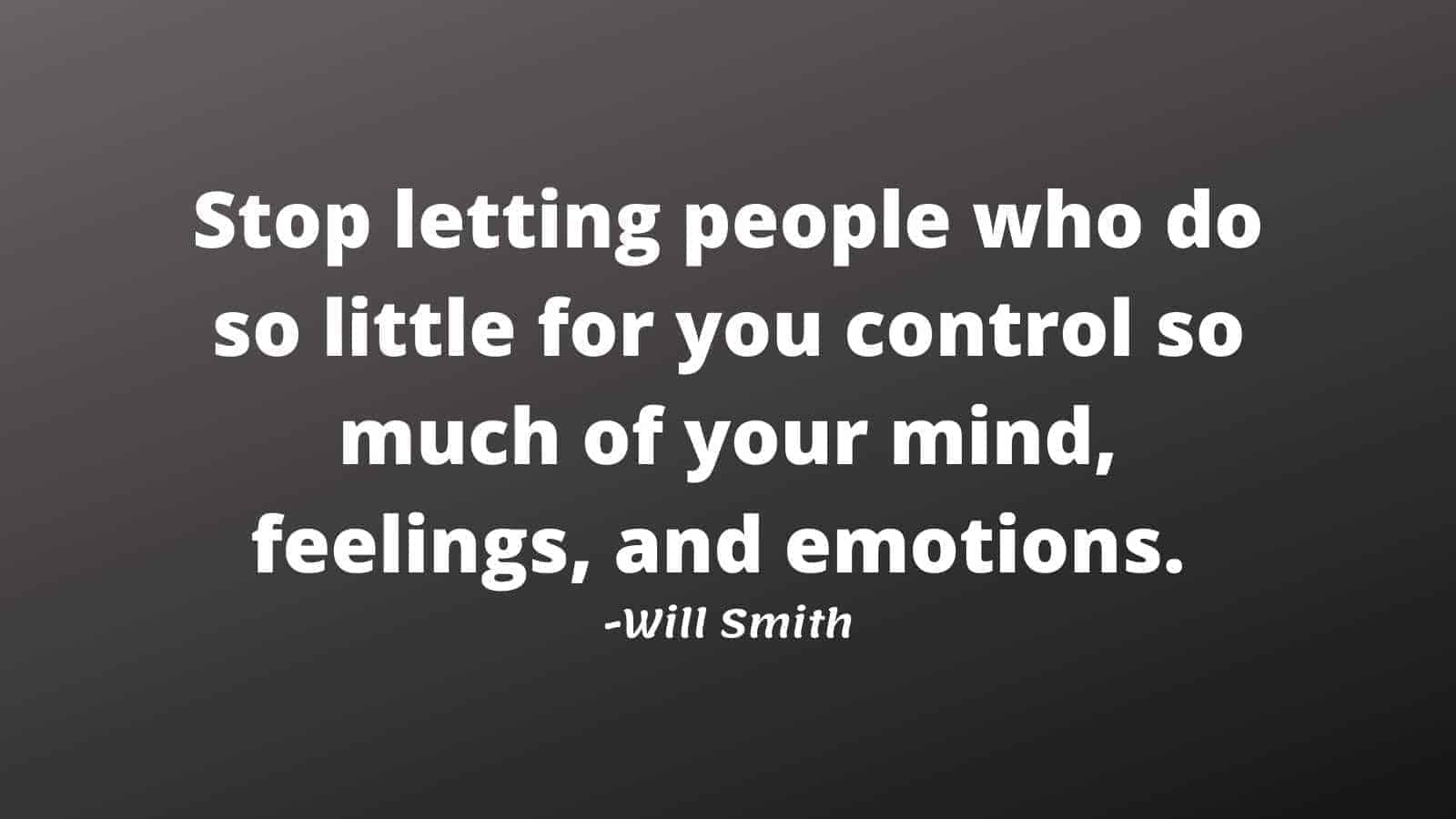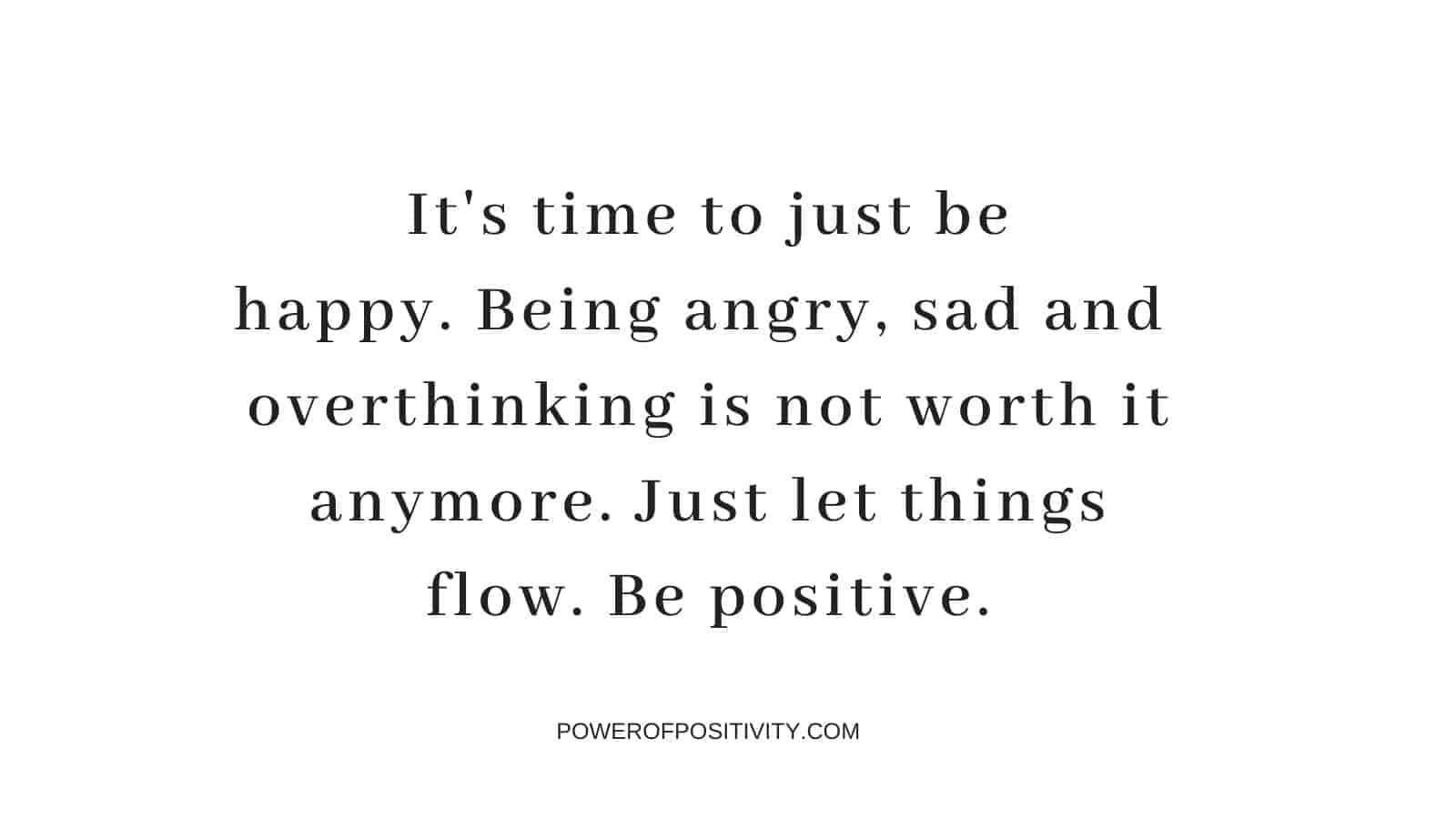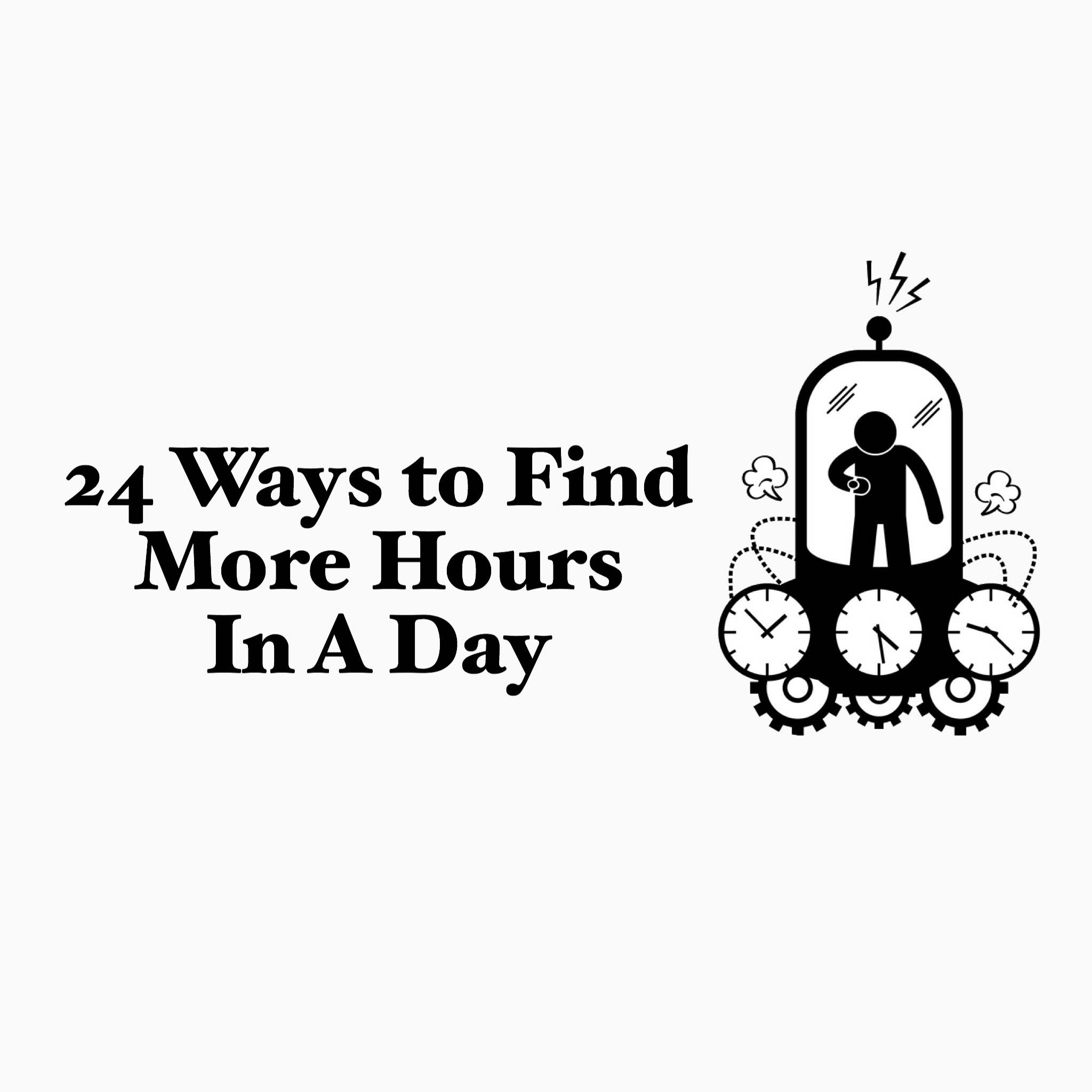If you are unhappy, you might be looking for some ideas to help improve your habits.
Happiness is something that we all strive to attain. We can accept that (a) life is short, and (b) unhappiness makes our lives difficult. As is common knowledge, our habits significantly impact the quality of life we live; specifically, these habits directly impact our happiness (or lack thereof). To make a clear distinction, there is a remarkable difference between clinical depression and chronic unhappiness. Depression is a chemical imbalance in the brain, while unhappiness is a disposition that we often acquire through how we choose to live our lives. Similar to depression. However, unhappiness can be diagnosed and treated.
Here are five habits that make people unhappy, all of which can be avoided.
Do you engage in these behaviors?
“I am determined to be cheerful and happy in whatever situation I may find myself. For I have learned that the greater part of our misery or unhappiness is determined not by our circumstance but by our disposition.” – Martha Washington, wife of 1st U.S. President George Washington
1. Chronic Complaining
Happy and successful people do not complain much. Conversely, it seems that chronic complainers always have something negative to say, even when those around them are happy! The bottom line: we all have different circumstances that we are given in this lifetime, but in the end, these circumstances are ours – fair or unfair, wanted or unwanted. Instead, seek solutions to problems instead of complaining, leading nowhere.
 2. Negative addictions
2. Negative addictions
Most things are good in moderation – food, a drink or two, entertainment. When these things take center stage in our lives, it becomes a problem. Unfortunately, many good people have met their end through addictive habits, primarily through dependence on alcohol and drugs. A great preventative measure and remedy to these addictions? Finding and living our passions to the greatest extent possible (see #8).
3. Regretting the past
Regret is not only useless, but it can also be incredibly harmful. Research continues to show that repetitive, negative thoughts about decisions made in the past in often a precursor to chronic stress and depression. You have four coping methods to deal with regret: (1) learn from mistakes but don’t dwell, (2) if nothing can be changed about the situation to let it go, make sure too much blame is not being undertaken, and(4) reframing the situation more positively.
4. Worrying about the future
We only have so much say in what our future holds. This tip is not meant to disempower (quite the opposite); instead, it states simple truth. What we can do is to live in the present while fully exercising our God-given abilities and talents, enabling and empowering us to live a happier existence. There’s that phrase again: living in the present. Face difficulties as they arise and let them go. Enjoy the beautiful things in life and experience them fully, be present.
 5. Being driven by fear
5. Being driven by fear
Yes, fear can be an enabler to unhappiness. However, to fully understand this, we must go back to being present again. Quite simply, we can’t allow fear of the unknown (and the unavoidable) to cripple our quality of life. Fear is a negative thought process that is often on autopilot.
Remember: We are not our negative thoughts. We are not fear, worry, anxiety, or any other negative thought process.
Once aware of these habits, you can keep them at bay by following the tips mentioned above.
Join the discussion: What negative habits do you try to avoid?












